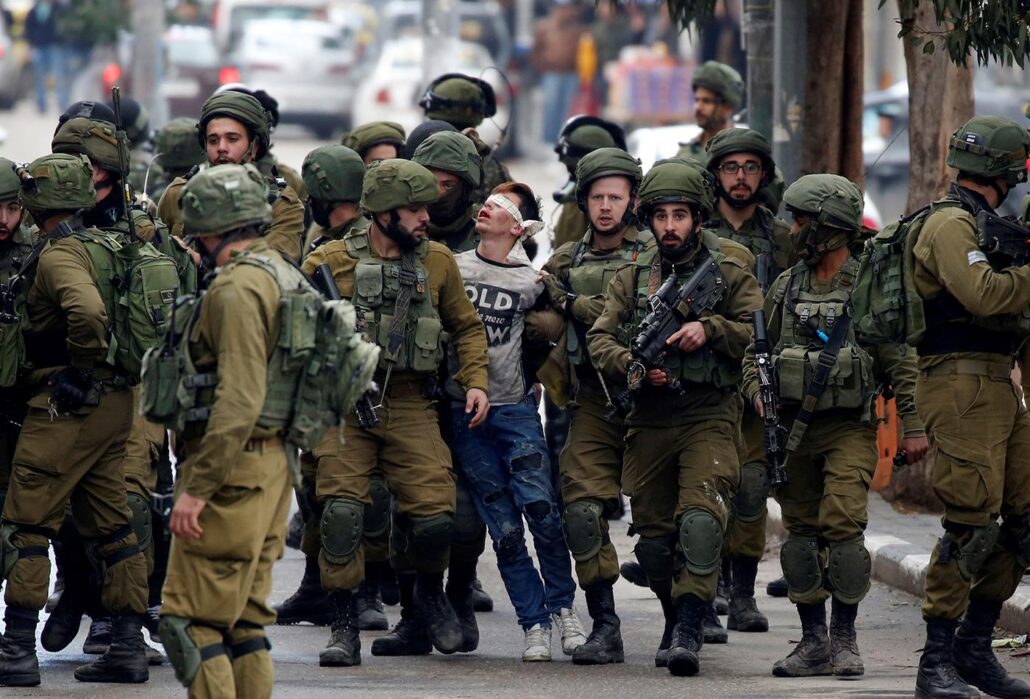
More than 220 Palestinians were killed by Israeli forces in 2022, making it the worst year in the West Bank and East Jerusalem since 2006. These deaths included well-known figures including renowned journalist Shireen Abu Akleh.
Almost 832 buildings owned by Palestinians have also been destroyed by Israel this year, according to Prime Minister Mohammad Shtayyeh, who spoke to the Cabinet on Tuesday in the West Bank city of Ramallah.
For Palestinians, he said, the year 2022 was be “full of pain,” with “more than 220 Palestinians killed by Israeli soldiers, more than 9,000 wounded, more than 6,500 jailed, 832 buildings razed, and more than 13,000 olive trees uprooted.”
The Israel Defense Forces, according to Palestinians, have altered their rules of engagement in recent months, making it legal to fire when they feel threatened and to aim for the kill even when doing so would only result in minor injury to the assailant.
In the upcoming weeks, Israeli officials predict that the security situation in the West Bank will continue to deteriorate and that there will be more attacks on Israeli army personnel and settlements, which will probably result in more Palestinian deaths.
According to Shtayyeh, his government was able to attain a 3.6% growth rate.
The premier said that while the unemployment rate in the blockaded Gaza Strip remained at 46%, it decreased from 19% to 12.6% in the occupied West Bank.
Over the past year, Israeli deductions from Palestinian tax receipts prevented the Palestinian Authority from paying more than 80% of public sector employees’ salaries.
The Israeli government collects the maqasa taxes on imports and exports from Palestine on behalf of the Palestinian Authority. Israel receives a commission of 3% of the money gathered in exchange.
The Palestinian Authority’s primary source of funding comes from the estimated $30–33 million in collected revenues that are received each month.
Palestinians applauded the UN General Assembly’s decision to ask the International Court of Justice for an opinion on the legal ramifications of Israel’s occupation of the Palestinian lands, including Jerusalem. The resolution was approved by 87 states at the assembly, 26 voted against it, and 53 abstained, a result that Palestinians universally regarded as a diplomatic success.
Nabil Abu Rudeineh, the president’s spokesman, referred to the vote as “proof of the whole world’s support for our people and their inalienable historical rights.”
Mahmoud Abbas, according to a statement from him, praised all nations “that stood behind Palestinian rights and all parties that tried to make this decision a success,” as well as individuals and groups who contributed to it.
It is now necessary, according to Abu Rudeineh, to hold Israel responsible for its continuous atrocities.
“Everyone must stop applying two standards; the world must accept its obligations and carry out the decisions of legitimate international bodies,” he said.
Shtayyeh said he was optimistic that international help and donations, particularly from Arab countries, would be restored in 2023.
Ibrahim Melhem, spokesman for the Palestinian government echoed the same sentiment and said that Arab and worldwide support for the Palestinian cause, which was most visibly manifested at the FIFA World Cup in Qatar, provides reason for confidence.




